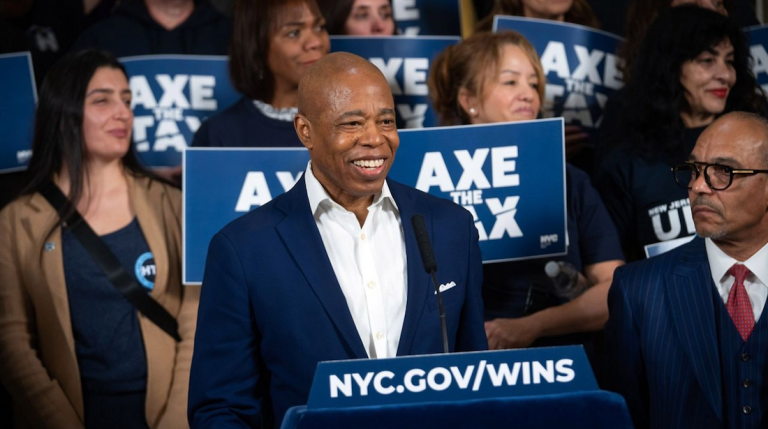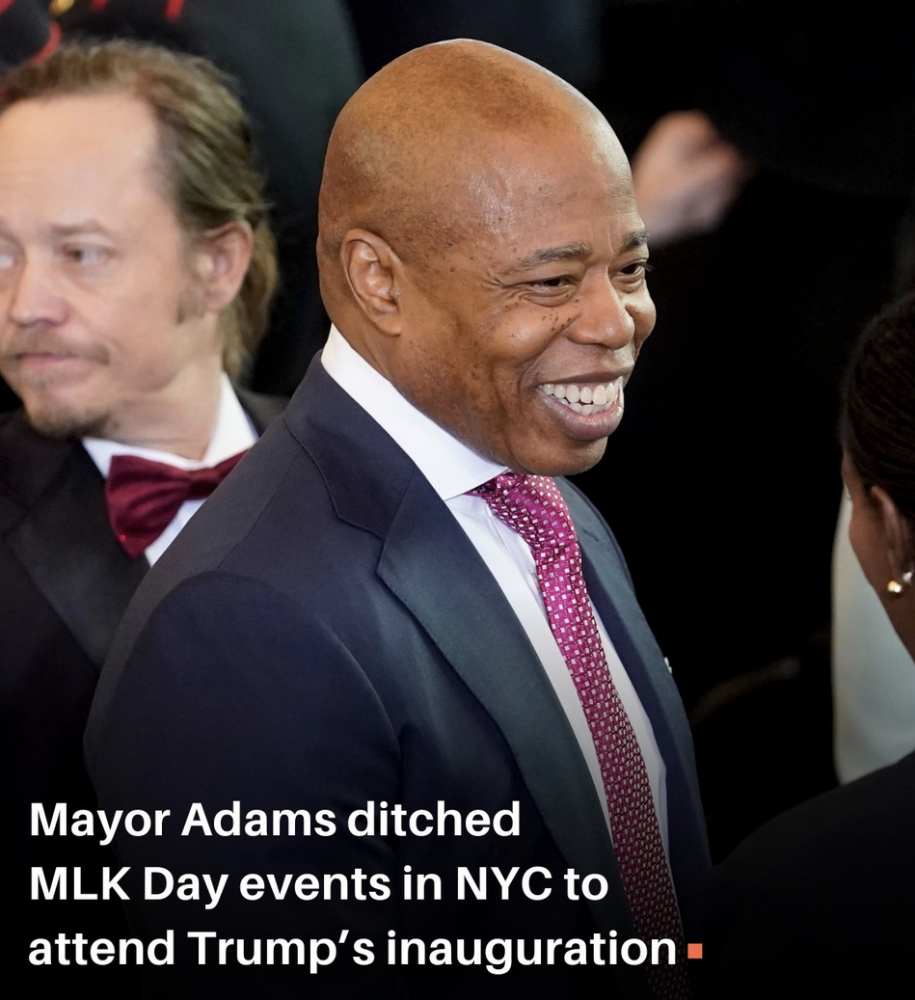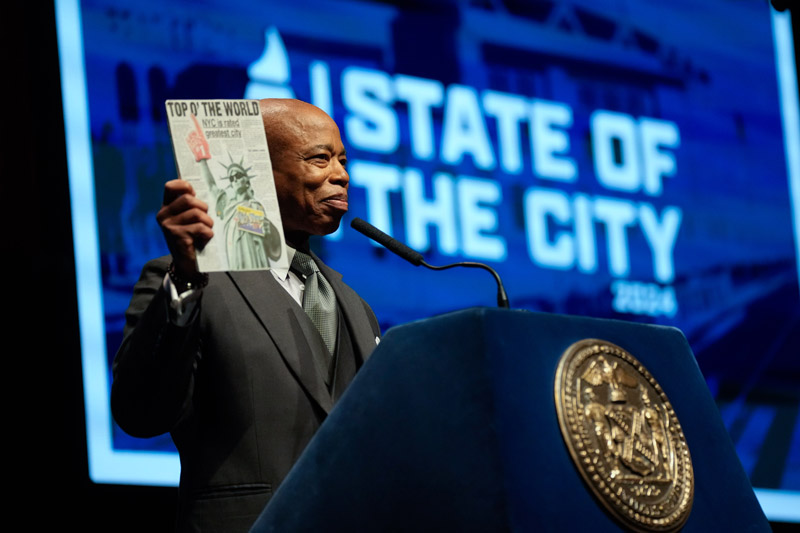
Critics argue that the appearance of a quid pro quo between the Trump administration and Adams—trading dropped corruption charges for cooperation on immigration enforcement—represents a dangerous precedent
New York, N.Y. — New York City Mayor Eric Adams has announced his bid for re-election as an independent candidate, a decision coming just days after his federal corruption case was permanently dismissed at the behest of the Trump administration’s Justice Department.
The dismissal and subsequent campaign announcement have sparked widespread criticism, with many viewing it as a blatant example of political favoritism that undermines the foundations of justice and democratic values.
Corruption Case Dismissed Under Controversial Circumstances
In a stunning turn of events, U.S. District Judge Dale Ho permanently dismissed the five-count federal corruption indictment against Adams on April 2, 2025. The judge’s decision came after the Trump administration’s Justice Department moved to abandon the prosecution that had been built against the embattled mayor.
The charges, which included bribery, conspiracy, and campaign finance
violations, stemmed from allegations that Adams accepted gifts exceeding
$100,000 from Turkish nationals in exchange for political favors.
The Justice Department initially sought to dismiss the case “without prejudice,” which would have allowed them to potentially refile charges in the future. This arrangement could have given the Trump administration significant leverage over Adams during his remaining time in office.
However, Judge Ho dismissed the case “with prejudice,” permanently
preventing federal prosecutors from bringing the same charges again.
In his 78-page decision, Judge Ho expressed concern that allowing the possibility of refiling charges “would create the unavoidable perception that the Mayor’s freedom depends on his ability to carry out the immigration enforcement priorities of the administration, and that he might be more beholden to the demands of the federal government than to the wishes of his own constituents.”
Trump-Adams Alliance Raises Ethical Concerns

The dismissal of charges against Adams follows months of what critics describe as a deliberate cultivation of a friendly relationship with President Trump.
During the 2024 presidential campaign, Adams notably maintained a “soft touch” with Trump and was reluctant to align himself with then-Vice President Kamala Harris.
After Trump’s victory in November 2024, speculation grew about how the new administration might influence Adams’ legal troubles.
The Justice Department’s decision to drop the case against Adams came with the dubious reasoning that the indictment “limited” the mayor’s capacity to tackle “illegal immigration and violent crime,” priorities central to the Trump administration’s agenda.
This justification has been widely criticized as transparently political, with Manhattan’s former chief prosecutor, Danielle Sassoon, resigning in protest rather than complying with the order to dismiss the case.
The Justice Department’s intervention triggered a wave of resignations among career prosecutors in both New York and Washington, underscoring the unprecedented nature of the decision to abandon what had been described as a solid corruption case.
Strategic Shift to Independent Candidacy

Facing historically low approval ratings and trailing behind potential Democratic contenders like former New York Governor Andrew Cuomo and Assembly Member Zohran Mamdani, Adams announced on April 3 that he would bypass the Democratic primary scheduled for June 24 and instead run as an independent in the November general election.
In a six-minute video statement, Adams claimed that the legal issues had complicated his ability to compete in the primary.
While maintaining that he still identifies as a Democrat, he stated his intention to “reach out directly to all New Yorkers” as an independent candidate.
The strategy allows Adams additional time to attempt to rehabilitate his public image, though political analysts view it as a long shot in a city where Democrats outnumber Republicans by a ratio of six to one. The candidate who secures the Democratic primary is widely expected to become the next mayor.
Adams’ video statement included a partial admission of poor judgment, though he continued to deny the corruption allegations. “I understand that the allegations made against me may have undermined your trust in me, and you may justifiably have concerns about my actions,” he stated. “To be clear, while the accusations were unfounded, I placed my trust in individuals I shouldn’t have, and I regret that decision.”
A Test of Democratic Institutions
As Adams proceeds with his unorthodox re-election bid, the circumstances surrounding the dismissal of his case continue to raise alarms about political interference in the justice system.
Critics argue that the appearance of a quid pro quo between the Trump administration and Adams—trading dropped corruption charges for cooperation on immigration enforcement—represents a dangerous precedent that threatens the independence of local governance and the rule of law.
Adams Escapes Justice Through Trump Alliance, Runs As Independent (April 3, 2025)